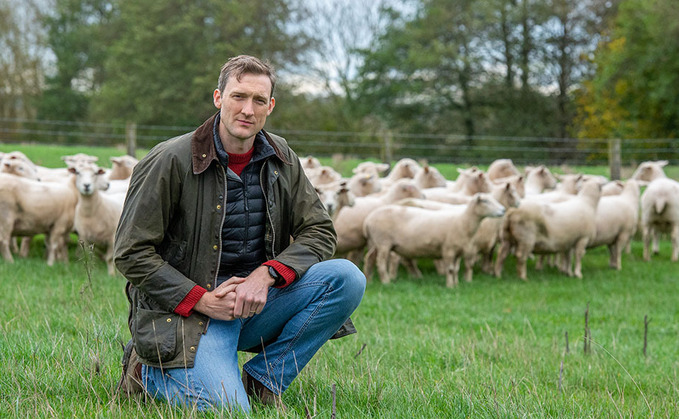
Leading global brands need to get better at working with farmers if they are to meet their commitments to regenerative agriculture supply chains, according to the findings from Nuffield scholar Alastair...

Leading global brands need to get better at working with farmers if they are to meet their commitments to regenerative agriculture supply chains, according to the findings from Nuffield scholar Alastair...